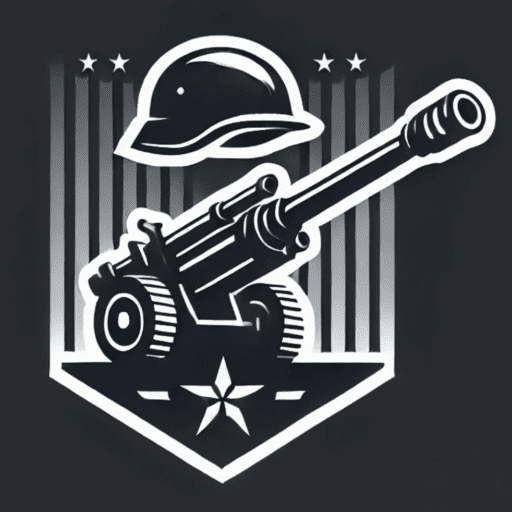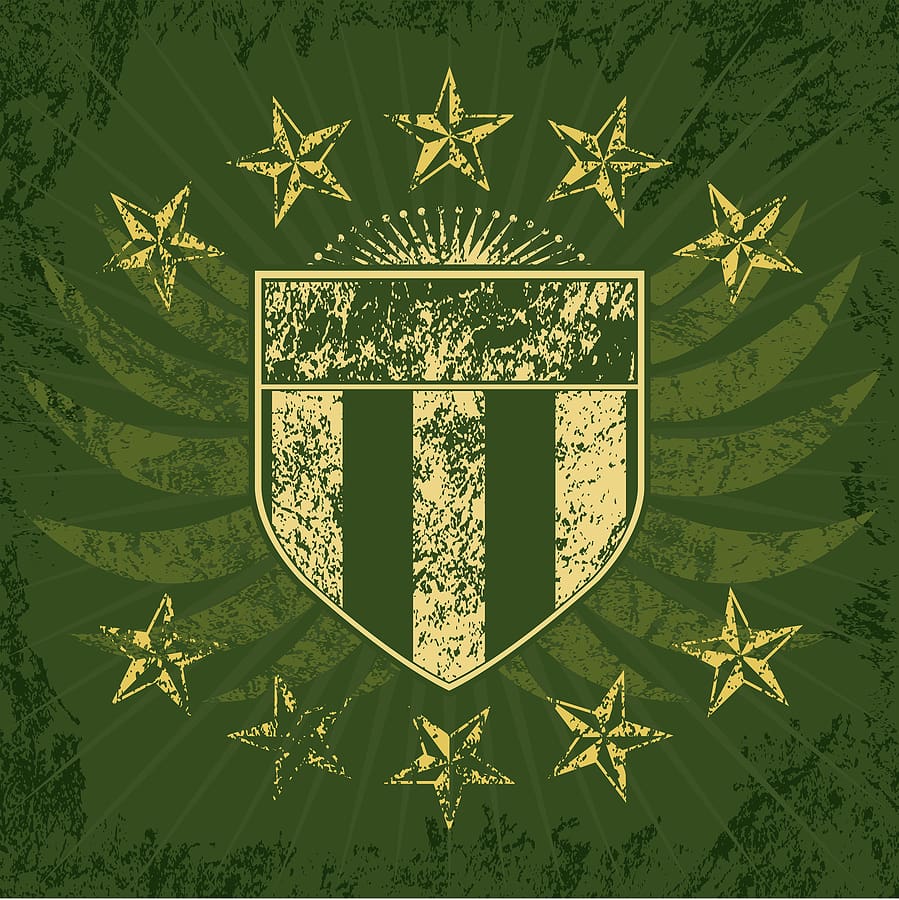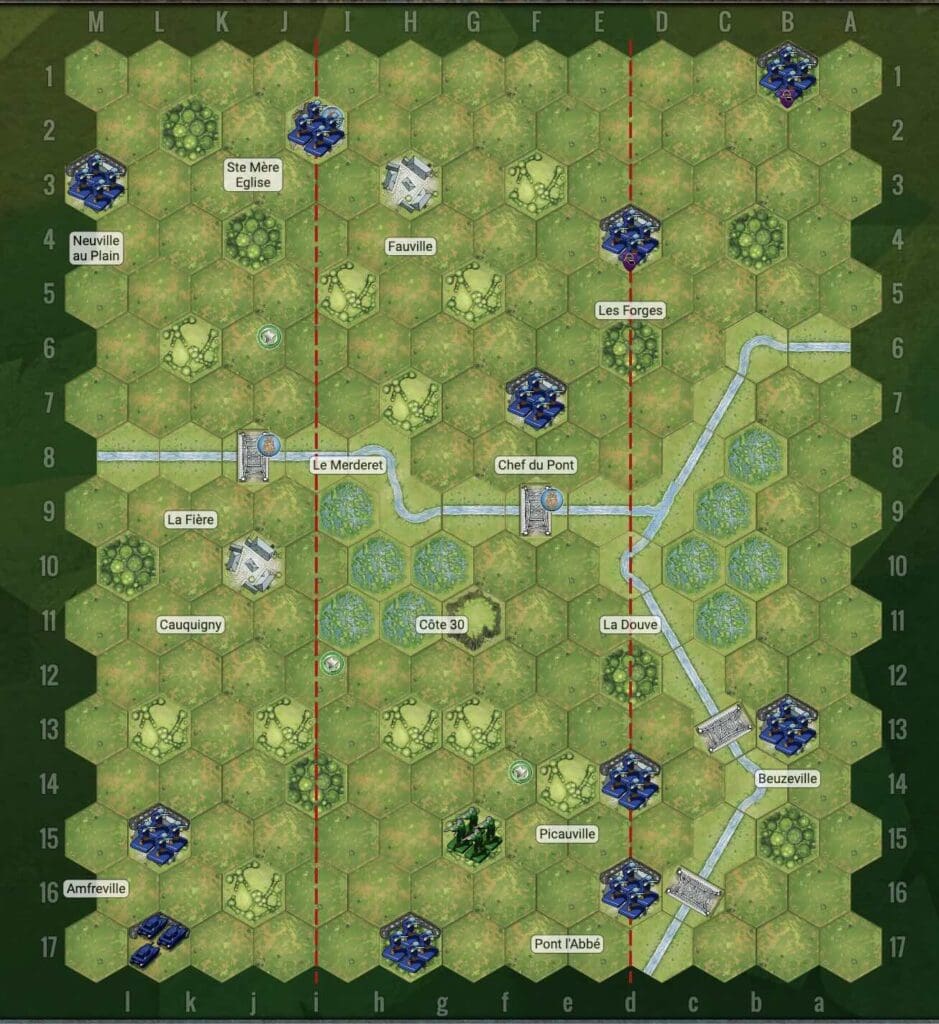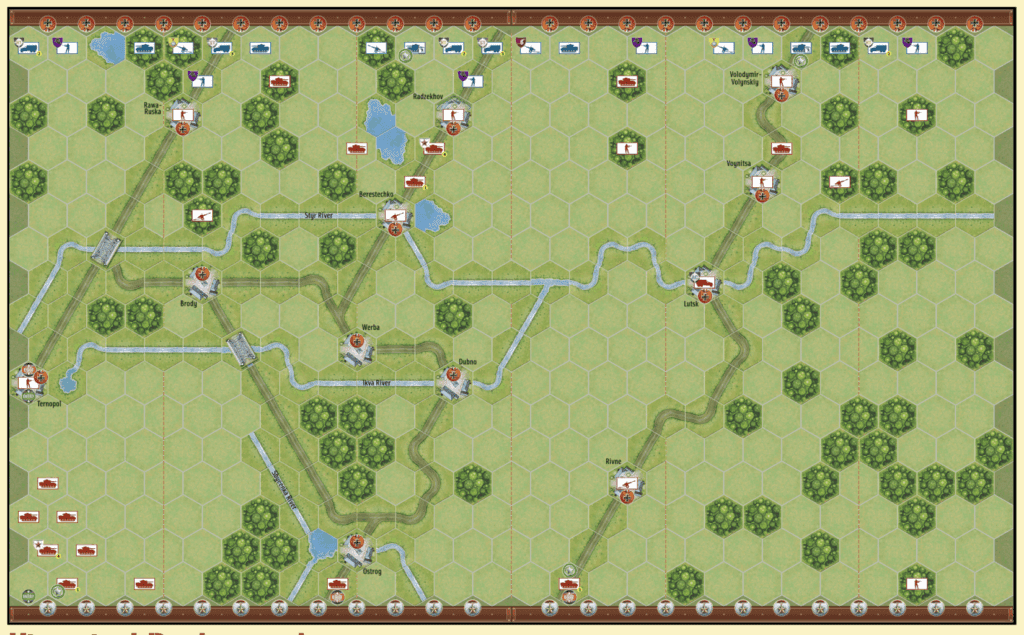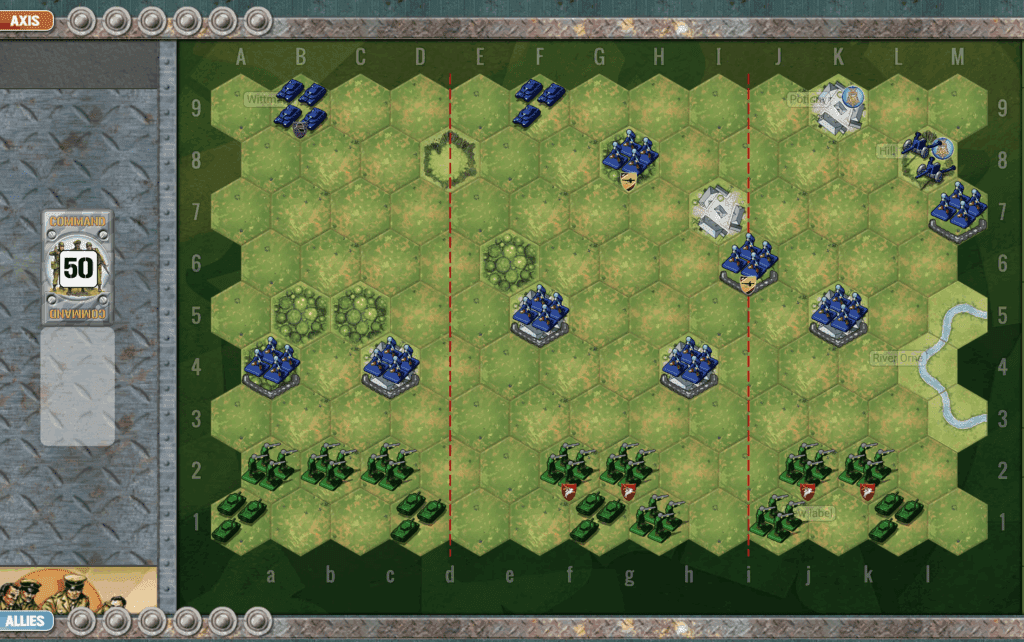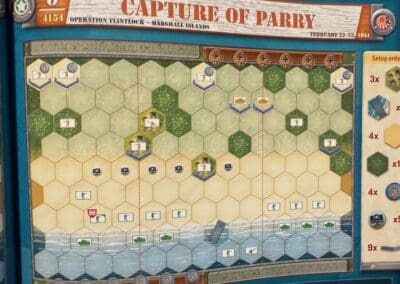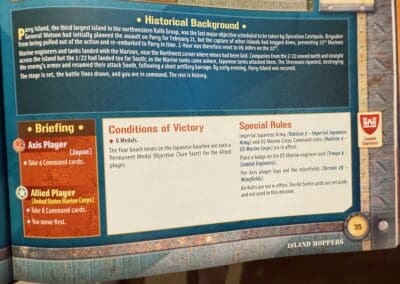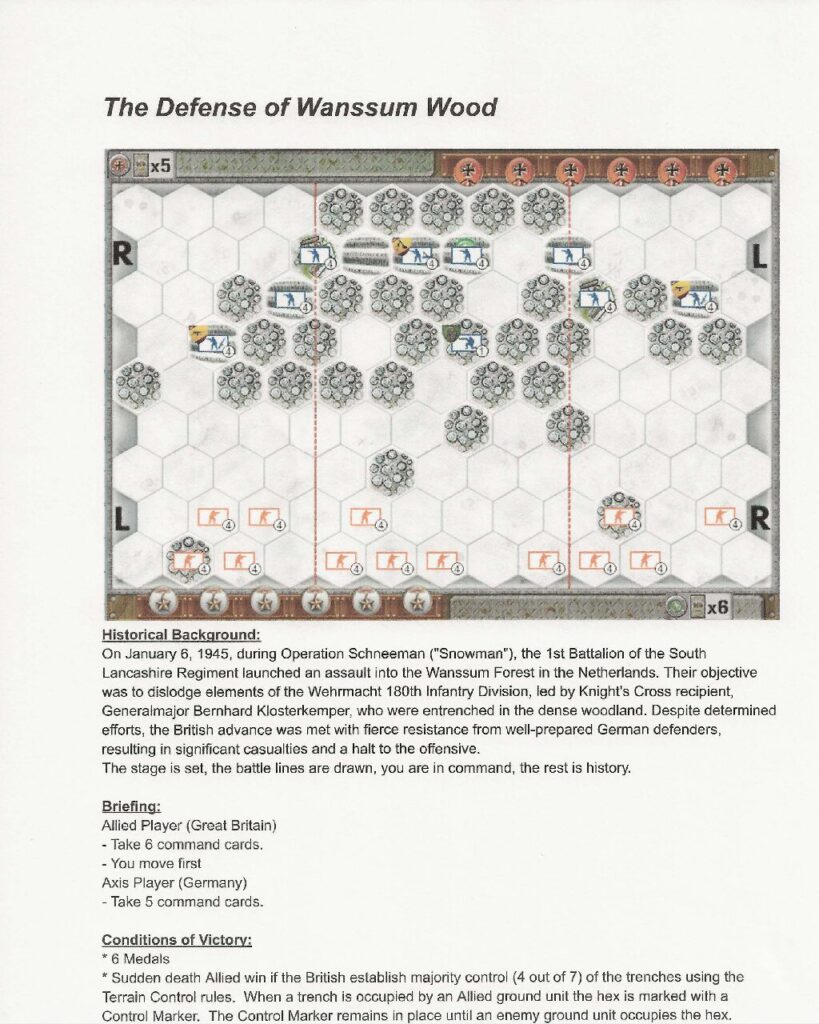Smackdown: Best Card Play at the Gates of Moscow
As a Memoir 44 commander, here is your chance to test your battlefield instincts against other commanders. Find the best course of action to protect your troops and defeat the enemy. Review the battle situation and then add your comment to the discussion.
Take a look at this battle for “The Gates of Moscow”.
1. What is the best card play?
2. What are the best troop movements based on those cards?
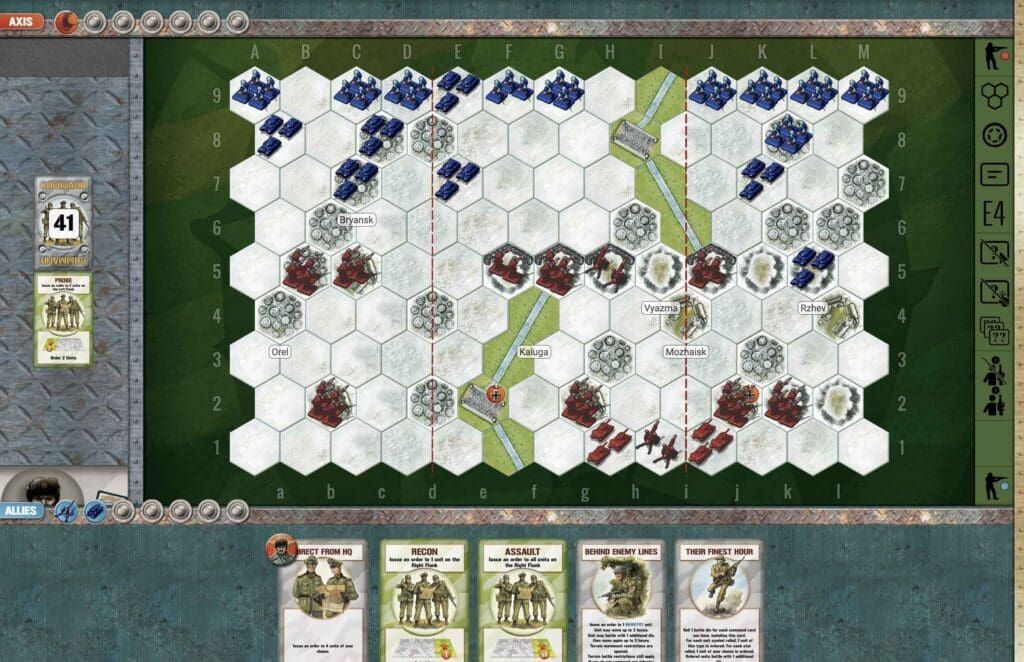
As you can see, the Allies chose Direct from HQ in order to bring four troops to bear upon the situation.
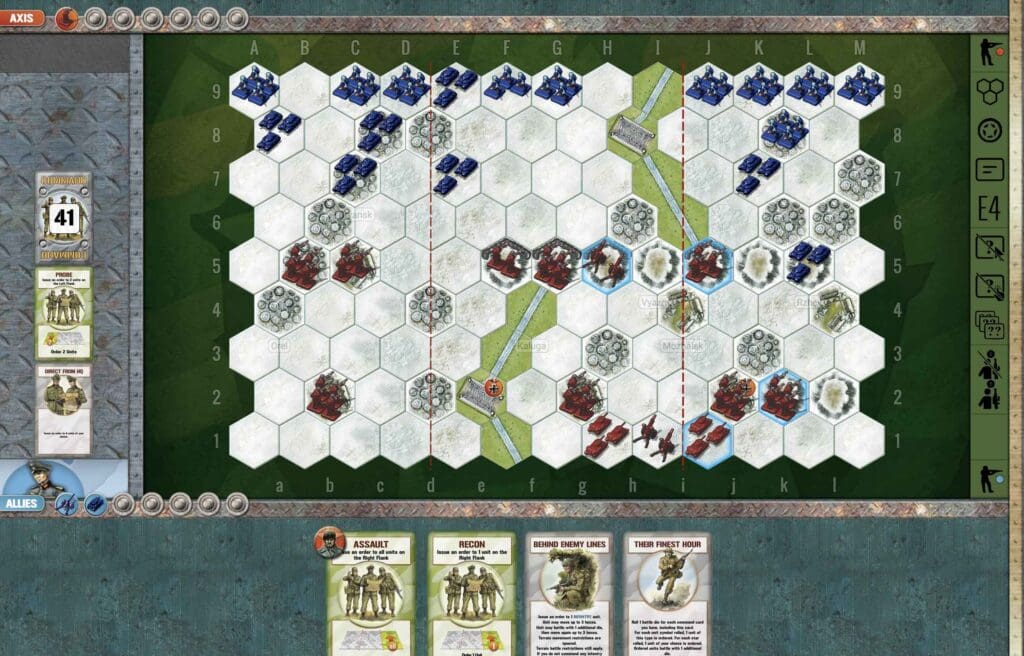
Troops selected were 2 Infantry, 1 Armor, and 1 Artillery.
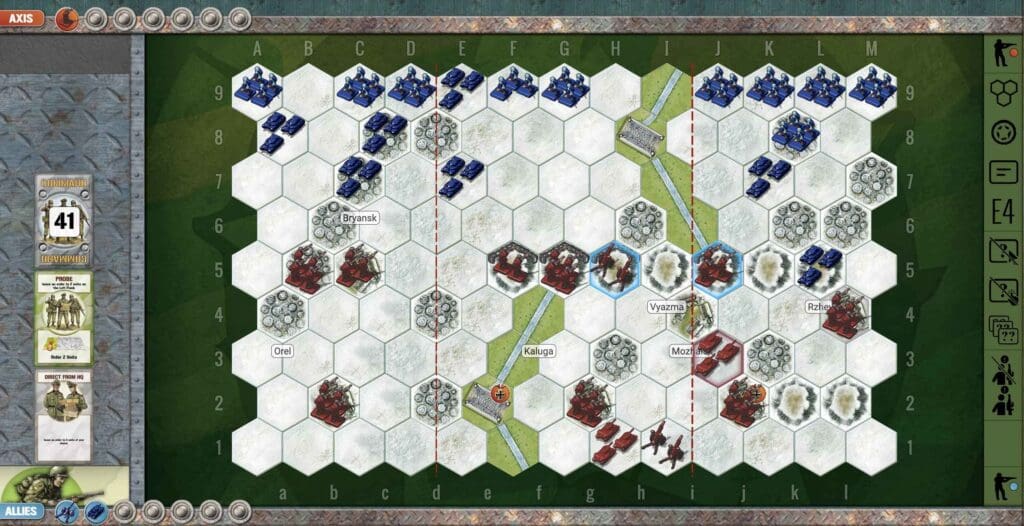
Note that a special troop blocking move is performed, by bringing one of the Allied Infantry right next to the enemy Armor, but still safely stowed away in the city.
What is the reason for this, since the Infantry will not be able to attack once it enters the city?
The reason is to prevent an easy counter-attack against the Allied Armor, should the enemy Armor survive. That is, if it survives, it would have to come down off of the hill and into the heart of Allied territory if it wants to attack the Armor. It cannot just stay up on the hill and attack because of the rule of Close Combat, whereby you must attack any unit directly adjacent to you. This is called Troop Blocking.
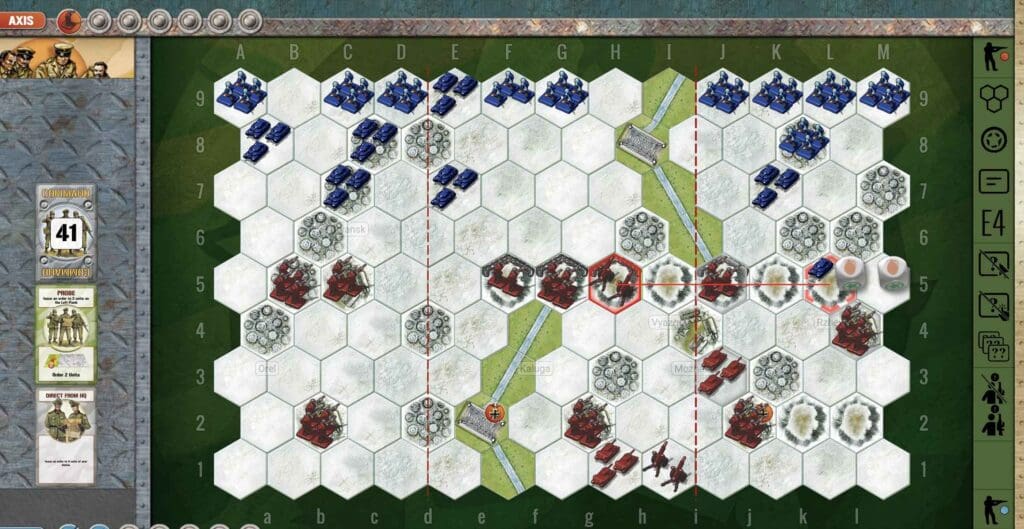
Once the three remaining units of Allied Armor, Infantry, and Artillery, each took their shot at the Axis Armor, it was no more. See the final roll of two Grenades to finish him off.
Do you agree with this course of action?
What would you have done?
